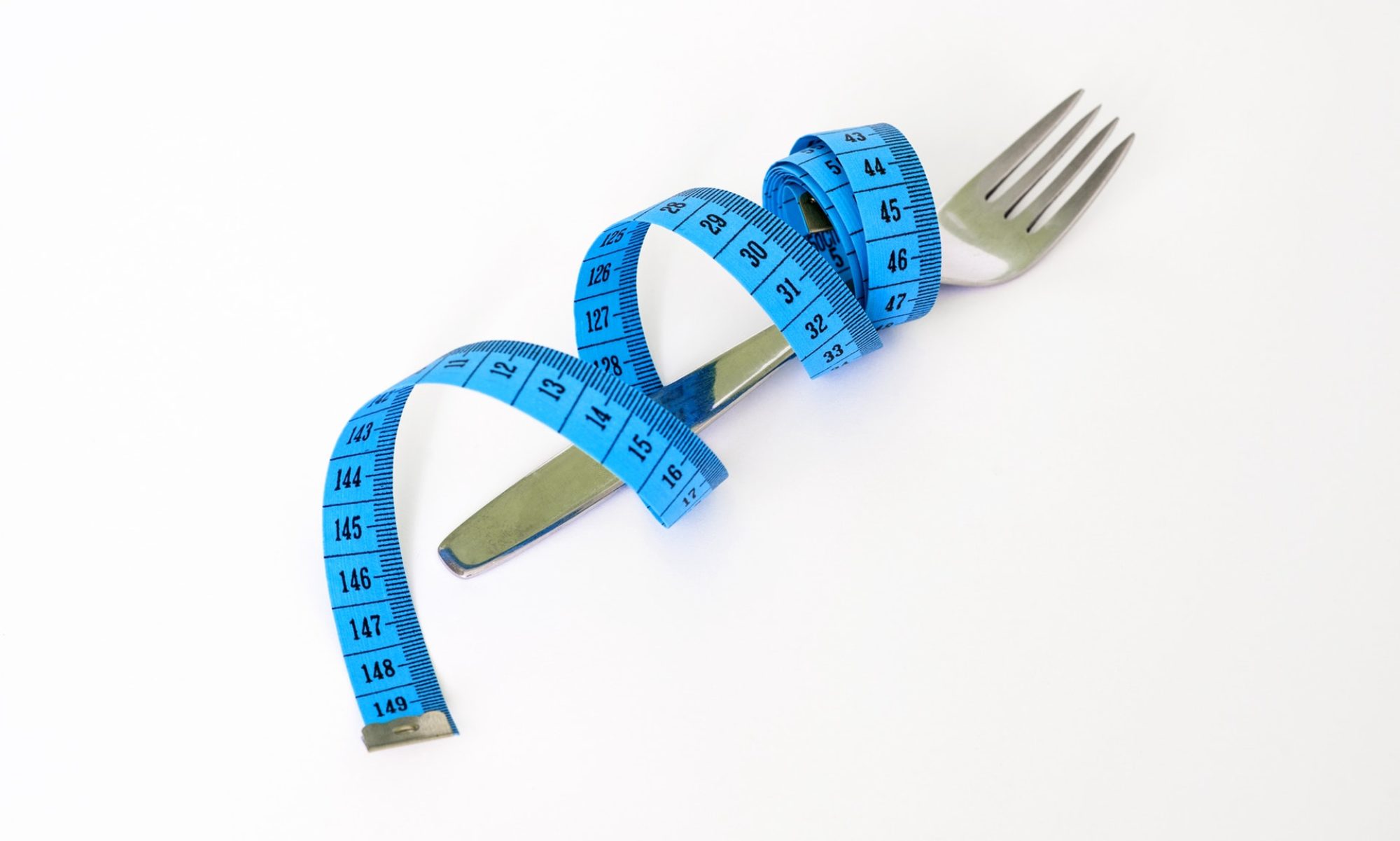When was the last time you thought you were eating something healthy only to find out it’s not so healthy after all? I had this painful and unpleasant experience just this last Saturday.
I was sharing a beautiful breakfast with my husband who had lovingly prepared a pastured egg, spinach and avocado omelet. I savored the delicious food with all its complex flavors and textures. I enjoyed every gram of cancer fighting herbs and spices and muscle building protein and microbiome feeding fiber and luxuriously satisfying fat that I was putting in my body not just for fuel but for repair of my damaged cells and to nurture the creation of my new cells.
Kenny and I sat together at the table and made small talk enjoying each other’s company. The sun was shining through the winter whipped windows reminding me I needed to add spring cleaning to the calendar. But that did not rattle me. I was relaxed and I thoroughly relished the meal. I had even toasted a piece of low carb lavash bread so I would not feel “bread deprived” having chosen to eat few starchy carbs due to my own insulin resistance.
I took another bite and nonchalantly turned the bread wrapper over. Apparently, I made a horrific guttural sound which stifled my swallow and I spit my food all over the kitchen table. “Are you choking?” my husband yelled as he simultaneously stood and reached around my waist instinctively prepared to administer the Heimlich maneuver. I shook my head “No” but remained dazed and speechless.
“What is it then?” he asked almost irritated that I had broken the spell of the morning. “Look!” I wailed with shock and dismay, “Soybean oil!” and I thrust the plastic in his face in the most Scarlet O’ Hara kind of way. Admittedly, he had every husbandly right to retort “Frankly my dear, I don’t give a d*mn!!” Instead my heroic husband grabbed the package, read the atrocity for himself, and flung the remaining bread into the compost bin.
I hung my head in disgust. Here I was eating and recommending my patients to eat a certain flat bread with all it’s great nutrients like flax seed and oat bran and whole wheat. And guess what? It has corn starch, soy protein isolate, and soybean oil. One may be able to argue their way through the innocuous properties of corn starch or soy protein but soybean oil? What was I thinking? How did I let this one get past me?
My husband sat back down and picked up the bottle of Vitamin D3 that was sitting on the table in front of him. He had innocently purchased it from a local pharmacy because we had run out of the one we usual use. And guess what? Soy bean oil! Arrggghhh!!!!!!!
What’s so bad about soybean oil you are asking. Well, just as we are trying to avoid processed and refined carbohydrates, we are also trying to avoid processed and refined oils. Soybean and canola oils are the most common and are found in most packaged or bottled grocery store items. They are referred to as vegetable oils (which is confusing because the oils come from the seeds not vegetables) and also include safflower and sunflower oils. They are deemed healthy because they have polyunsaturated fats which are supposedly healthier than saturated fat and therefore are given the heart healthy stamp of approval by the ADA and AHA. (More on this later).
It is true that the oils in the seeds in their natural state are the polyunsaturated omega 3s and 6s we require because our bodies do not make them; so eating the seeds raw or lightly roasted (not honey drenched or barbecued) can be part of a healthy diet. But once the oils are extracted, usually at very high temperatures, they become rancid or spoiled. Spoiled oils. Say that five times fast. They stink in this changed state and must be deodorized with chemical solvents before being packaged into bottles and placed on grocery store shelves for human consumption. Even expeller or cold pressed seed oils are unstable which is not good news for our cell membranes or our fat cells, their usual final resting places.
I have written about how refined carbs raise blood sugar and glycate or damage the proteins our bodies make for cellular function. Well, these unstable oils oxidize or damage our cell membranes. In other words we rust. All this leads to the dreaded inflammation and increased risk of chronic disease, cancer, unhealthy aging, and weight dysregulation.
I can see her now, my sweet grandmother perched in her rocking chair in her front room. “What the hell am I supposed to eat?” I can hear her say. (This is a vivid memory for me as a young child because it was the only time my grandmother every swore).
Thank you for asking, Grandma.
Healthy fats include cold pressed olive oil, avocado oil, coconut oil (all fruits, by the way), oil from fatty fish like wild caught salmon that ate algae, and butter from cows that ate grass.
To Michael Pollan’s oft quoted “Eat real food… mostly plants,” I would add:
Yes, eat your vegetables! Skip the vegetable oil!
And to myself I say “Physician, heal thyself.” Or at least if you buy something in a package, Julie, read the label!
(If you want to do more reading and research on the subject, let me recommend Cate Shanahan’s book, Deep Nutrition. She also has some interesting interviews on YouTube. Nina Teicholz and Gary Taubes are good sources for digging into the research on saturated fats.)
Discover more from Weigh Different
Subscribe to get the latest posts sent to your email.
